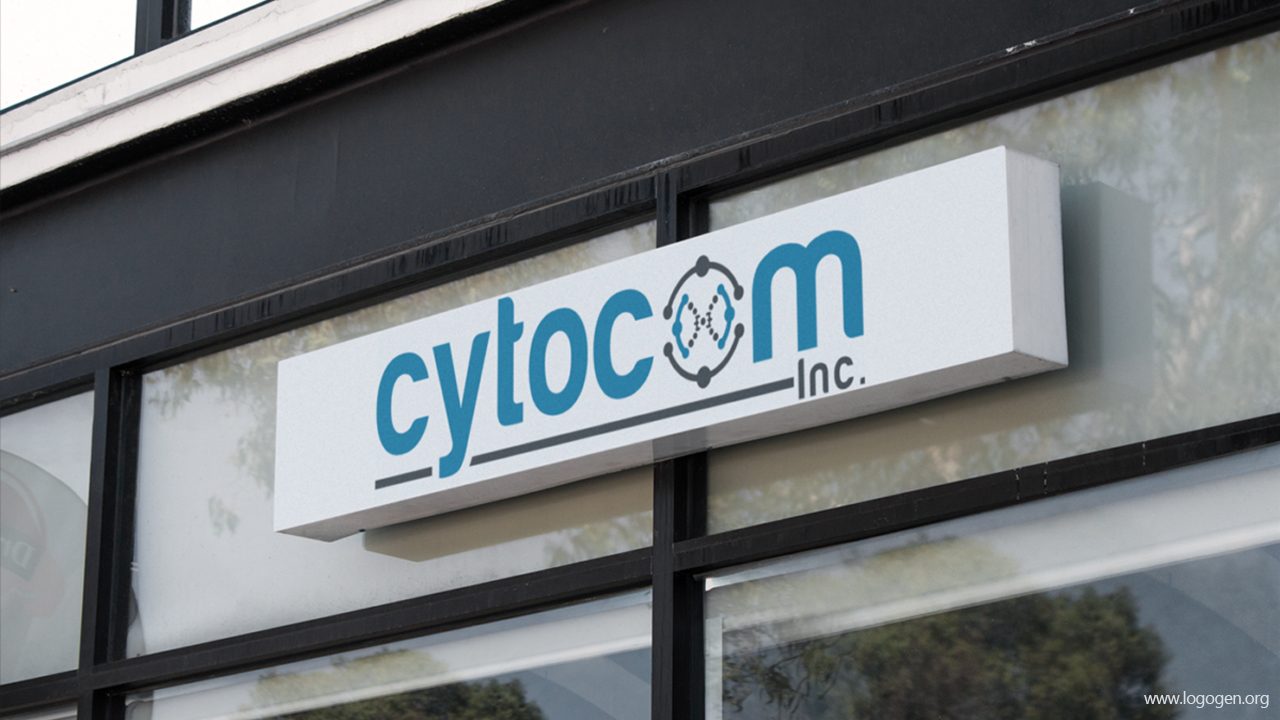Cytocom, Inc., a leading biopharmaceutical company creating next-generation immune therapies, announced that the U.S. Food and Drug Administration (FDA) has cleared the Investigational New Drug (IND) application for a Phase 2 clinical trial to evaluate the safety and efficacy of CYTO-205 as a treatment to slow or halt the progression of SARS-CoV-2, the virus that causes COVID-19. CYTO-205 is designed to modulate immune system function, decrease elevated inflammatory responses associated with a viral infection and inhibit viral replication in human lung cells.
The trial, titled, "A Randomized, Placebo-Controlled, Phase 2 Study to Evaluate Safety and Efficacy of CYTO-205 in Adult Patients With Mild COVID-19 Infection Who Are at High Risk for Disease Progression," is expected to begin enrolling patients during the second quarter of 2021 at Loma Linda University Health in Loma Linda, Calif.
"Even as new vaccines are introduced into the market and inoculation programs continue to expand, the need for safe and effective therapies to treat COVID-19 remains undiminished, especially in light of the spread of new, highly contagious variants of the virus," stated Michael Handley, President & CEO of Cytocom. "The early data regarding the potential of CYTO-205, as both an interventional therapy and a preventative agent is compelling, and we look forward to working with investigators at Loma Linda to further explore the possibilities."
A randomized, double-blind, placebo-controlled study will enroll up to 75 patients age 18 years or older who test positive for SARS-CoV-2, show symptoms of mild COVID-19 and are at high risk for disease progression. After receiving either a placebo or CYTO-205, patients will be monitored for 30 days to determine how many cases advance to a more severe stage of COVID-19 as measured by the World Health Organization's clinical progression scale. During Stage 3, or the hyper inflammation phase of COVID-19, patients can develop acute respiratory distress syndrome (ARDS), sepsis, and kidney and other organ failures.
Preclinical in vitro studies using coronavirus strain 229E and the pathological coronavirus strain, SARS-CoV-2, have demonstrated the potential of CYTO-205 to inhibit the replication of coronaviruses in human lung cells. Previously generated data also suggest that CYTO-205 could prevent the life-threatening lung inflammation caused by COVID-19, as well as lessen the risk of reinfection.

 Latest FDA News Update
Latest FDA News Update










.jpeg)




.jpeg)

.jpg)













